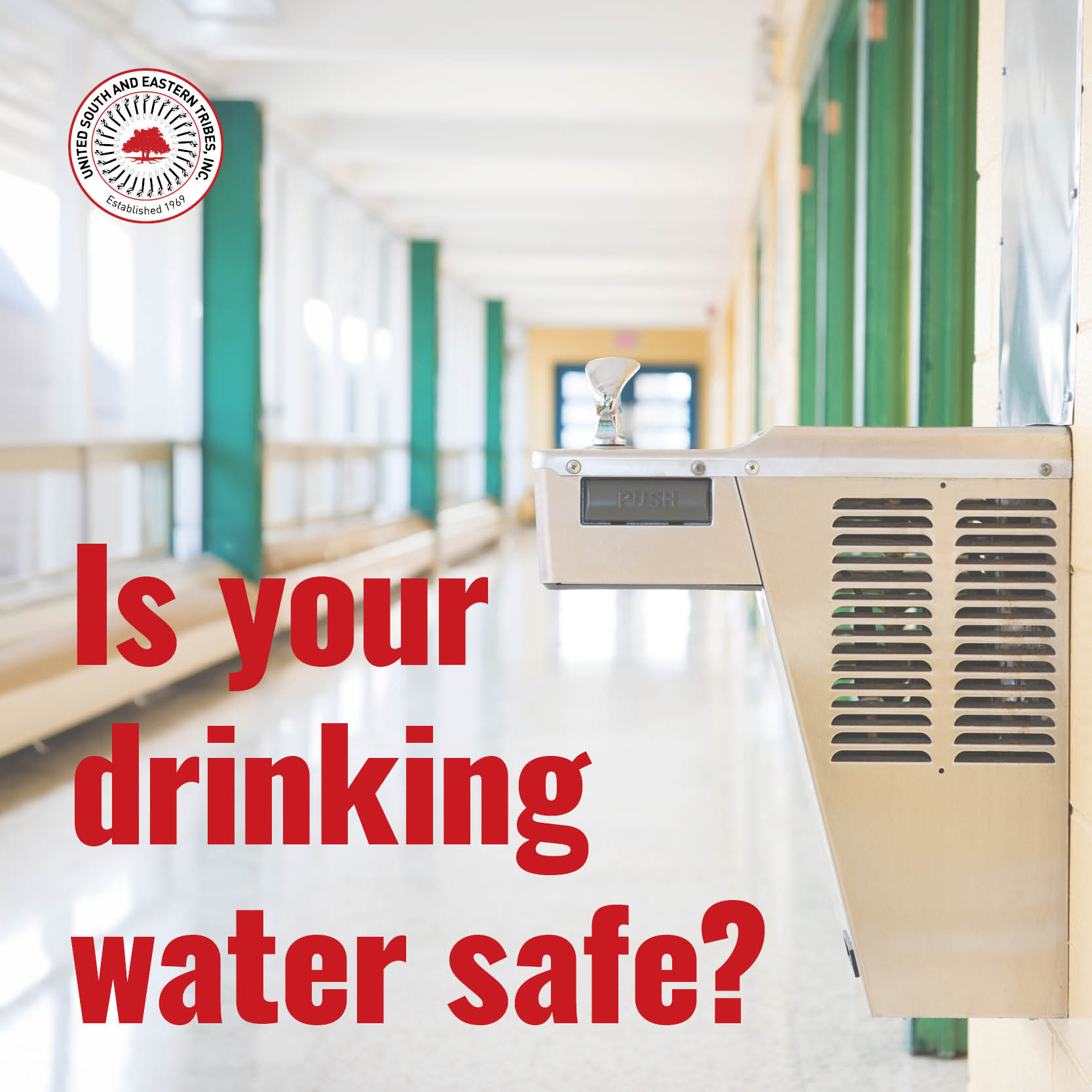Lead is a naturally occurring heavy metal that is globally recognized as a substance that has serious health consequences if consumed, especially for children. The adverse health effects range, from lowered birth weight and slowed physical and mental development in infants, to lowered IQ levels, impaired hearing, reduced attention span, and poor classroom performance in young children. Clean and safe water is essential and paramount to building a sustainable economy, successful educational and public health systems, and most importantly, a healthy and productive environment for children.
The USET Office of Environmental Resource Management (OERM) is introducing our Lead Testing program, which is funded by the US Environmental Protection Agency (EPA). The OERM Lead Testing program has adopted the EPA 3Ts program for Reducing Lead in Drinking Water in Schools and Child Care Facilities. This program was developed to help schools and child-care facilities to implement a voluntary program for reducing lead in drinking water.
Our Lead Testing program promotes voluntary training, testing of drinking water for lead, and taking corrective action if problems are identified. For USET Member Tribal Nation participants, OERM is offering assistance to conduct testing at Tribal schools and child-care facilities. USET will assist with sampling Tribal childcare facilities, and will collect data such as sampling results and facility location on behalf of participating Member Tribal Nations. Member Tribal Nations may store data on a secure USET server that is only accessible by the respective Member Tribal Nation.
We survey Tribal childcare facilities to prioritize the needs of our respective Member Tribal Nation community.
For USET Member Tribal Nations who are interested in participating in our Lead Testing program, please complete the Lead Testing program application.
For more information, please contact USET’s Lead Program team:
- Jakira Saunders, Program Manager
- Ben Peyton, Senior Technical Assistant Specialist

News/Events
Lead Reduction Resources
Resources from USET Trainings
- Reducing Lead in Tribal Communities: Applying the 3TS approach in Arizona: A Focus on Training
SME: Ginny De La Cruz, Program Manager, Arizona Department of Health Services - Reducing Lead in Tribal Communities: Utilizing the EPA 3Ts to Test Drinking Water for Lead at Schools and Childcares
SME: Holly Thompson Duffy, Environmental Health Science Manager, Northwest Portland Area Indian Health Board